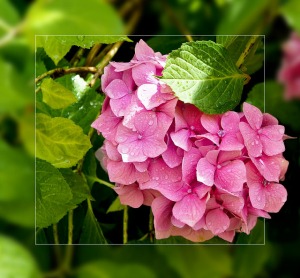This week, Dr. James Craigie of The Center for Natural Breast Reconstruction answers your questions.
Q: Do you have a recommendation for a topical that will help scars heal or fade?
A: Unfortunately, nothing of which we are aware does this reliably. Avoidance of sun exposure is critically important to give scars their best chance of fading, but no topical preparations routinely make scars better. If scars are heavy or raised, Mederma can help, but it should not be used on scars which are already flat.
Dr. James Craigie
Center for Natural Breast Reconstruction
Have a question about breast reconstruction or post-surgical care you’d like answered from our surgical team? Just ask us!







